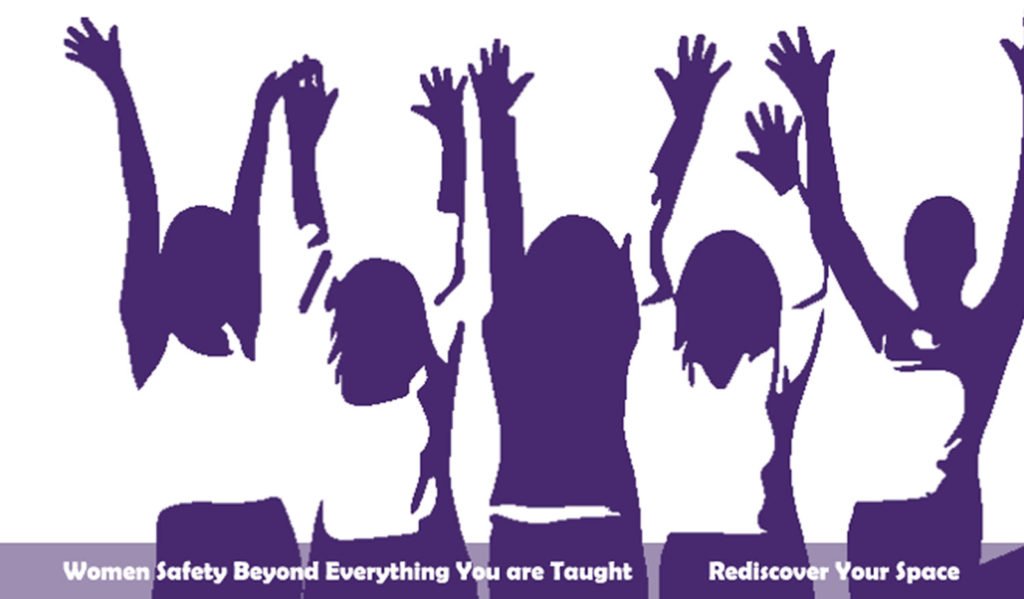In an ever-evolving real estate and housing landscape, the role of property managers is more complex, strategic, and people-centric than ever before. The next generation of housing professionals must do more than collect rent and handle maintenance: they must lead with purpose, innovate with technology, and foster sustainable, high-quality communities. Property management training is the key to equipping this new wave of professionals for success.
“A housing management organization … is only as strong as the people who carry out the day-to-day functions at the property level.” — NCHM on property management training, National Center for Housing Management
In this post, we’ll explore how formal training elevates skills, professional credibility, and impact—and why forward-thinking organizations should invest in it today.
1. Building a Robust Skill Foundation
For emerging professionals, training programs provide a structured, well-rounded introduction to all the core functions of property management. These often include:
- Lease & tenant management: screening, leasing, renewals, moving processes, eviction procedures
- Maintenance & operations: vendor management, scheduling, preventive maintenance
- Financial management: budgeting, forecasting, financial reporting, cost control
- Legal & compliance: fair housing, local landlord-tenant laws, safety & building regulations
- Customer relationship skills: communication, conflict resolution, resident services
These are aligned with the “four core areas” many training providers emphasize: marketing & financials, facility management, tenant & occupancy, and risk management.
By mastering these domains early, new professionals avoid being “on the back foot” and gain confidence to take on challenging assignments.
2. Accelerating Career Growth & Credibility
Training and certifications offer tangible signals of competence and commitment. When a professional completes recognized courses or earns credentials like CPM (Certified Property Manager) Wikipedia, ARM, or RPA Wikipedia, they:
- Enhance their resume and credibility in the eyes of employers, landlords, and clients
- Open doors to advanced roles: portfolio manager, regional supervisor, operations director
- Access higher compensation packages due to their certified expertise
- Gain trust faster when dealing with stakeholders
In competitive real estate markets, these credentials can distinguish true professionals from “just caretakers.”
3. Staying Current in a Dynamic Industry
Property management is not static. New technologies, evolving tenant expectations, regulatory changes, and sustainability demands are constantly reshaping the field. Training ensures rising professionals stay ahead of:
- Proptech tools (smart building systems, IoT, tenant portals)
- Regulatory updates, such as housing codes, safety standards, and fair housing laws
- Sustainability practices: green maintenance, energy efficiency, waste management
- Data analytics and performance metrics
Continuous learning keeps professionals sharp, adaptive, and able to offer more value to communities.
4. Improving Operational Efficiency & Resident Experience
Trained managers make better, faster decisions. Some concrete benefits:
- Reducing emergency repairs by applying preventive maintenance best practices
- More accurate budgeting and expense forecasts
- Better vendor negotiation and contract oversight
- Faster lease turnover and lower vacancy rates
- Higher resident satisfaction through responsive service
These advantages compound across properties and portfolios, enhancing both profitability and reputation.
5. Fostering Ethical, Inclusive & Compliant Practices
Ethics, fairness, and compliance become foundational when shaped early. Training can incorporate:
- Fair housing and anti-discrimination principles
- Transparent lease practices and fee disclosures
- Safety, accessibility, and habitability standards
- Conflict management and resident rights
By embedding these values in new professionals, organizations avoid costly legal pitfalls and cultivate trust in communities.
6. Strengthening Leadership and Soft Skills
Property management isn’t only about tasks; it’s also about leadership, communication, and emotional intelligence. Good training programs emphasize:
- Conflict resolution with residents, vendors, and stakeholders
- Team leadership and coordinating multi-disciplinary teams
- Decision-making under pressure
- Customer service and community building
These soft skills differentiate a good manager from a great one.
7. Institutional Benefits & Long-Term ROI
When organizations invest in training for emerging professionals, the return is not just individual—it’s systemic:
- Reduced staff turnover due to better onboarding & development
- Higher brand reputation and referrals
- More consistent standards across properties
- Innovation culture, as trained staff bring ideas and continuous improvement
- Better risk management across the portfolio
In effect, training becomes an investment in institutional resilience.
How E3 Housing Empowers Through Training Support
Organizations like E3 Housing are at the forefront of empowering housing professionals through training, strategic support, and capacity building. By partnering with or utilizing platforms like E3 Housing, new professionals can access curated resources, workshops, mentorship, and best practices designed for modern housing management contexts.
Whether you’re a small community operator or a large developer, tapping into such networks accelerates your learning curve, connects you to peers, and expands your impact.
Best Practices for Launching a Training Program
If you’re managing a housing organization and want to empower your next generation, here are some implementation tips:
| Practice | Why It Helps |
| Structured onboarding & modular curriculum | Break down learning into digestible units that build progressively |
| Mentorship pairing | Combine classroom learning with real-world guidance |
| Simulations/case studies | Practice with real challenges before facing them live |
| Ongoing refreshers and microlearning | Reinforce learning, especially for regulation or tech changes |
| Feedback loops & performance metrics | Measure training effectiveness and adapt |
| Encourage certification | Recognized credentials increase motivation and standards |
Also, training should be viewed not as a cost, but as a strategic investment in your human capital.
Conclusion
In a time when housing demand is rising, regulations are tightening, and community expectations are higher, the success of any housing enterprise hinges on the quality of its people. Property management training is the bridge that elevates passionate newcomers into confident, capable leaders.
By investing early and intentionally in training—especially programs supported by platforms like E3 Housing—organizations and individuals alike can build sustainable, thriving housing ecosystems for the long run.











Kalden Doma
An internationally renowned thought leader in rediscovering & mind training life skills. Kalden Doma has been delivering inspirational lectures across the globe for over 17 years. A driven entrepreneur, started a mind training academy in 2001. She coaches students, entrepreneurs, & executives.